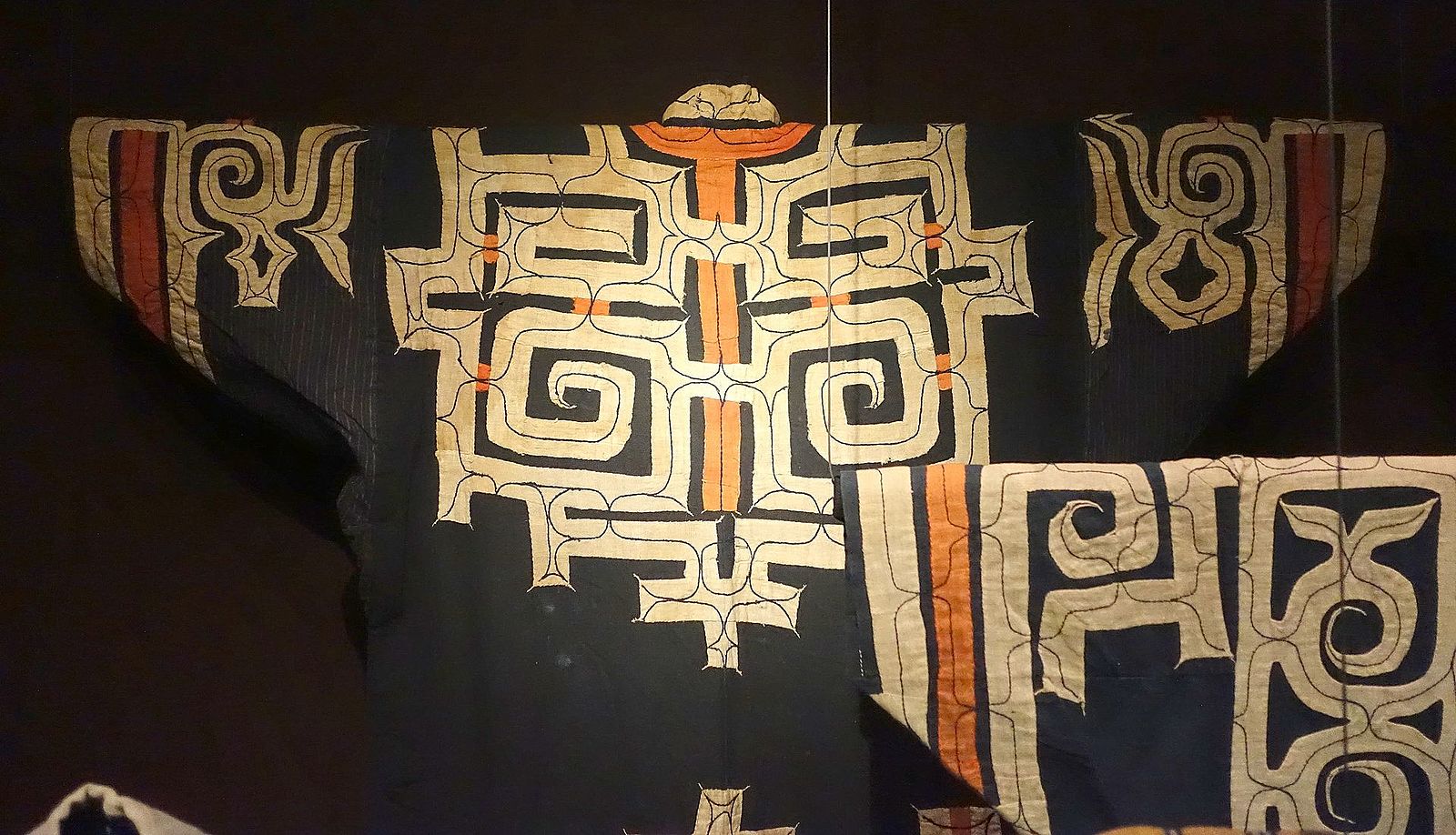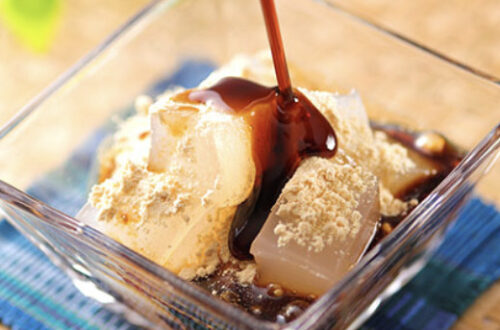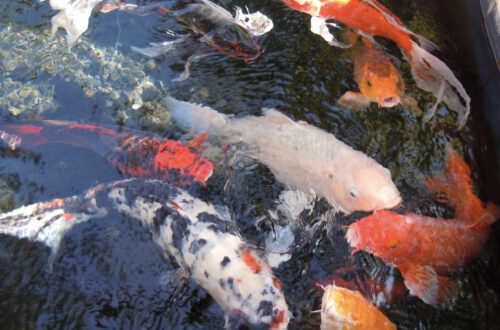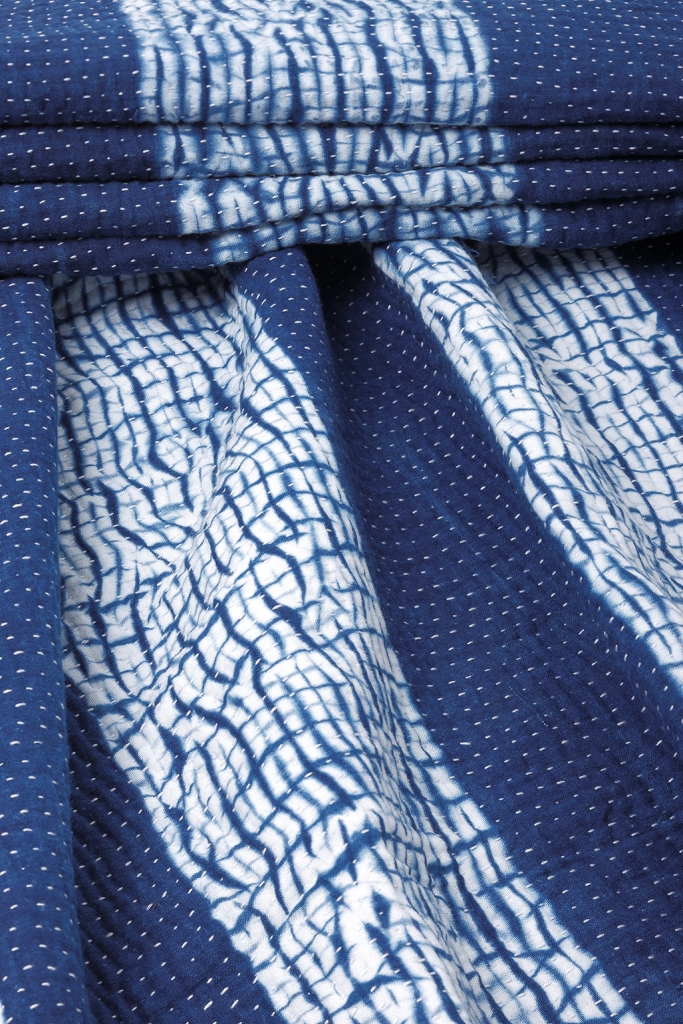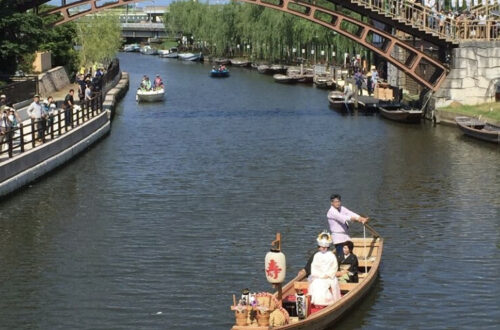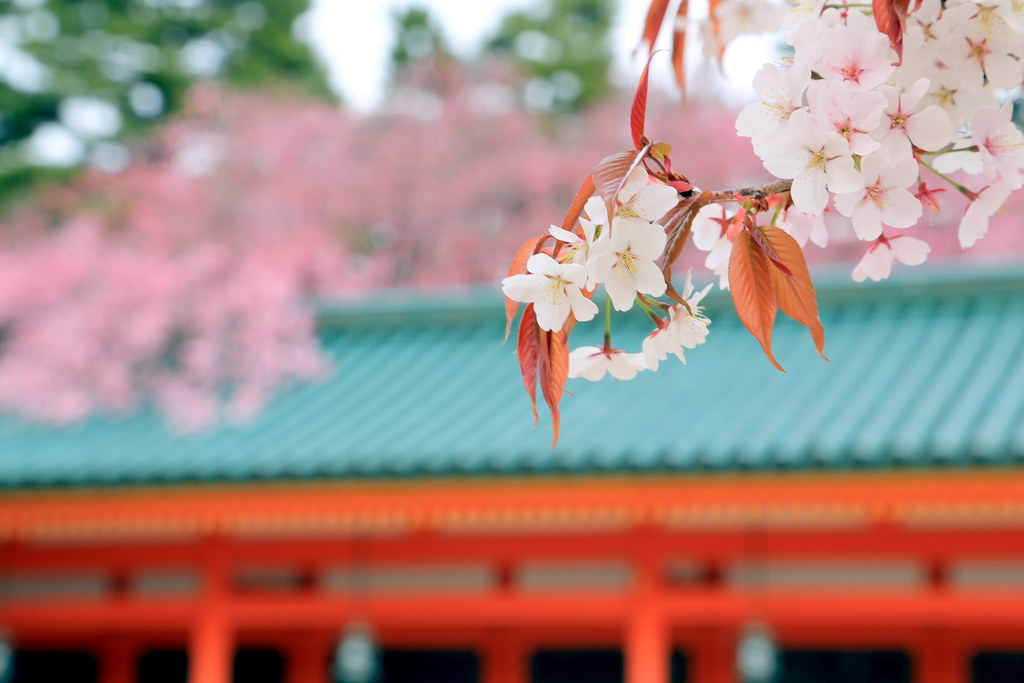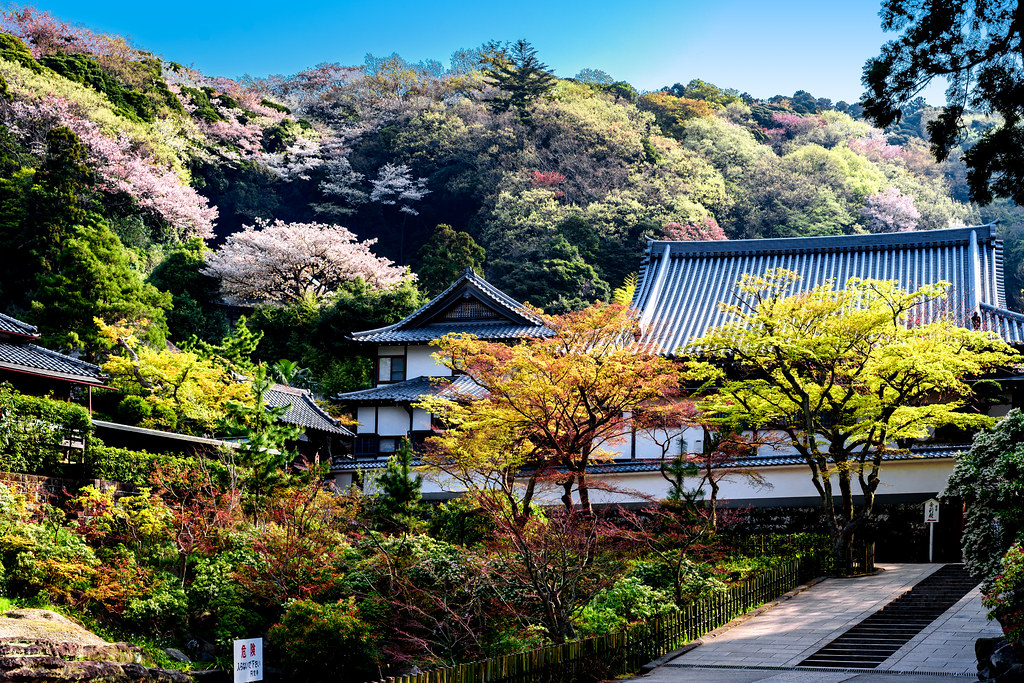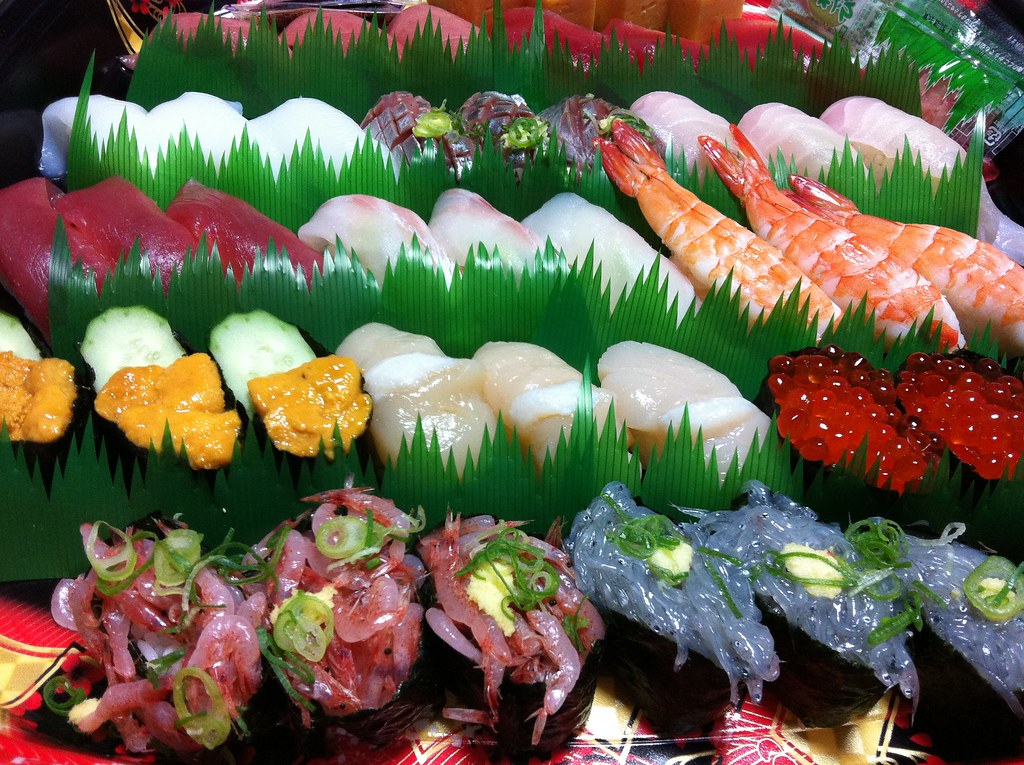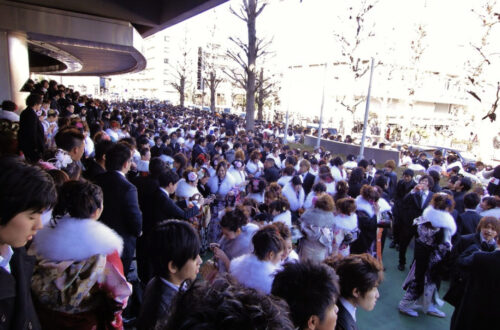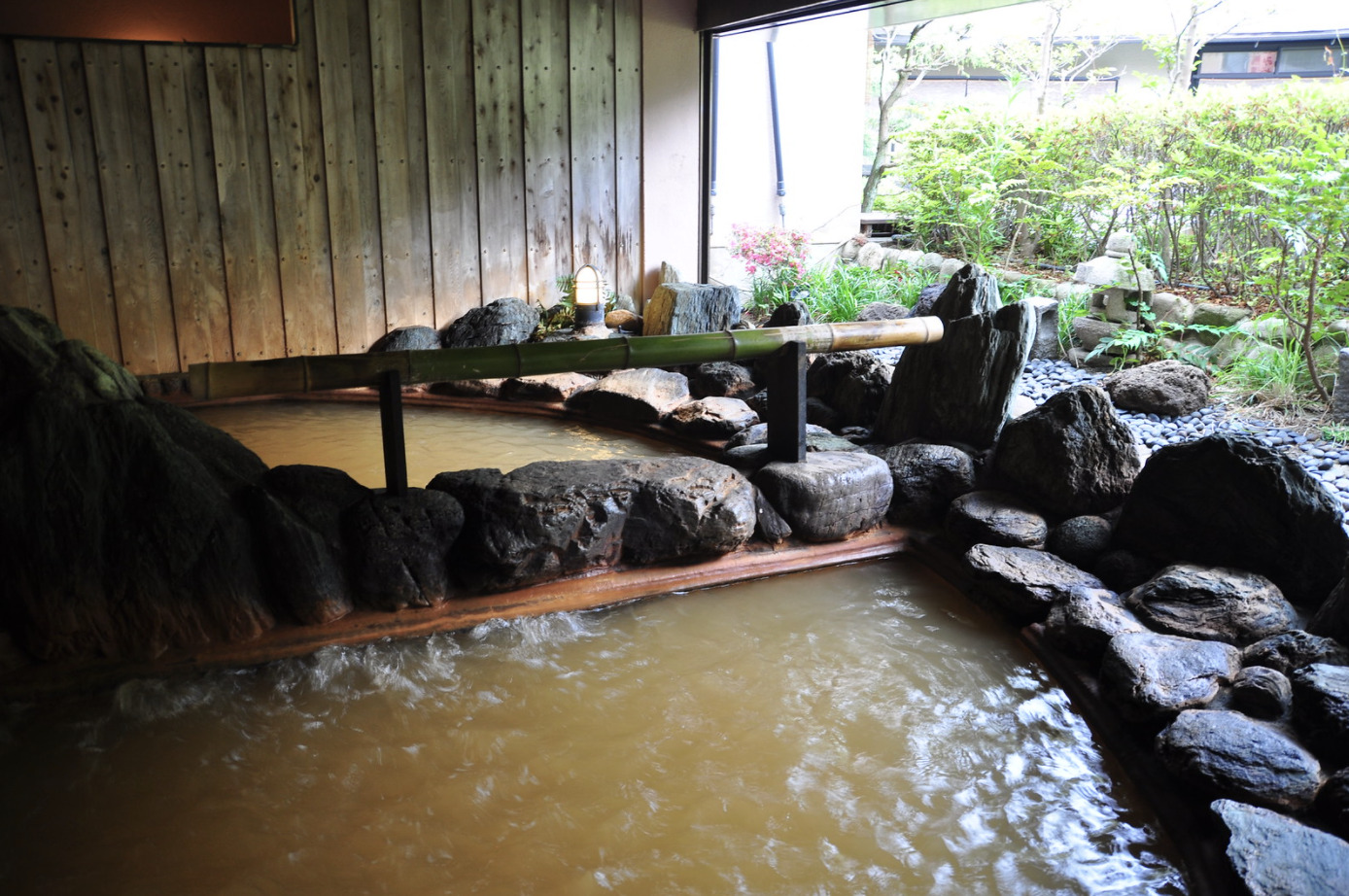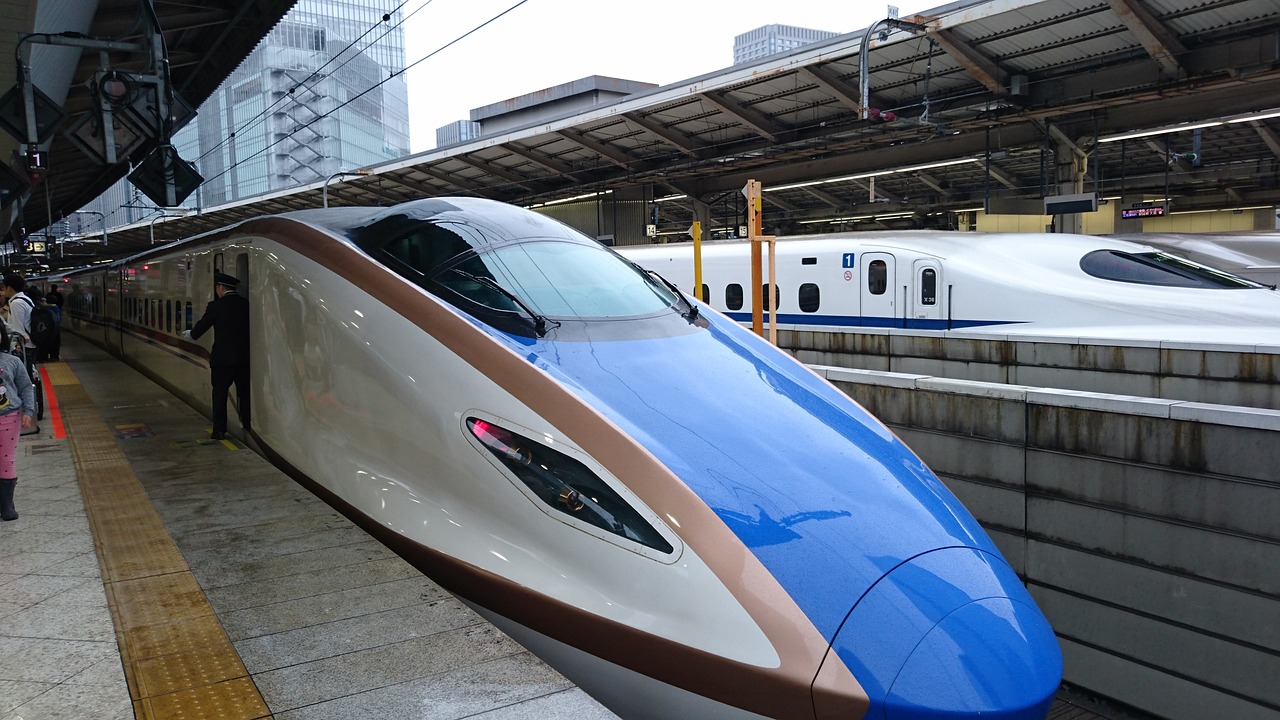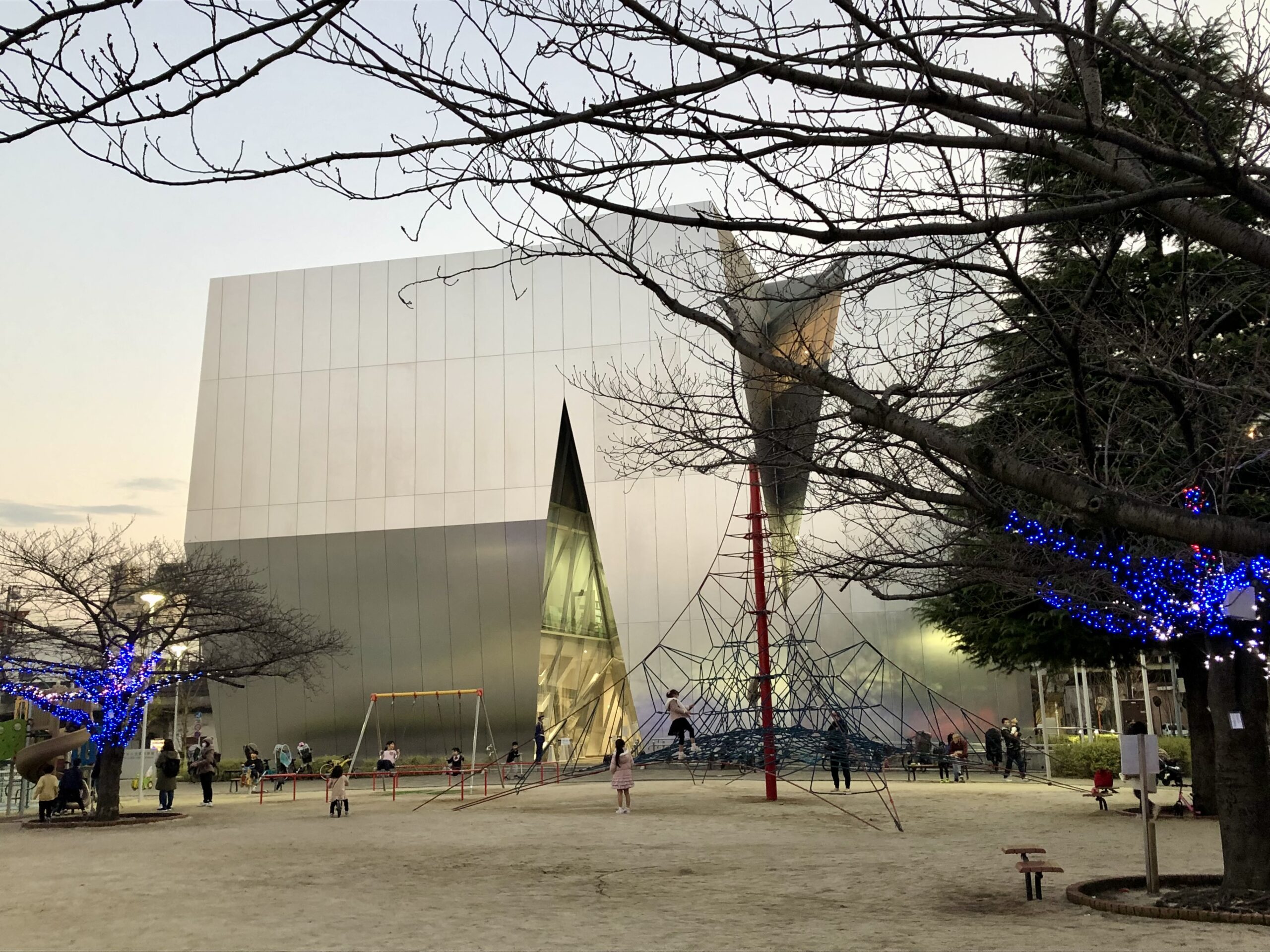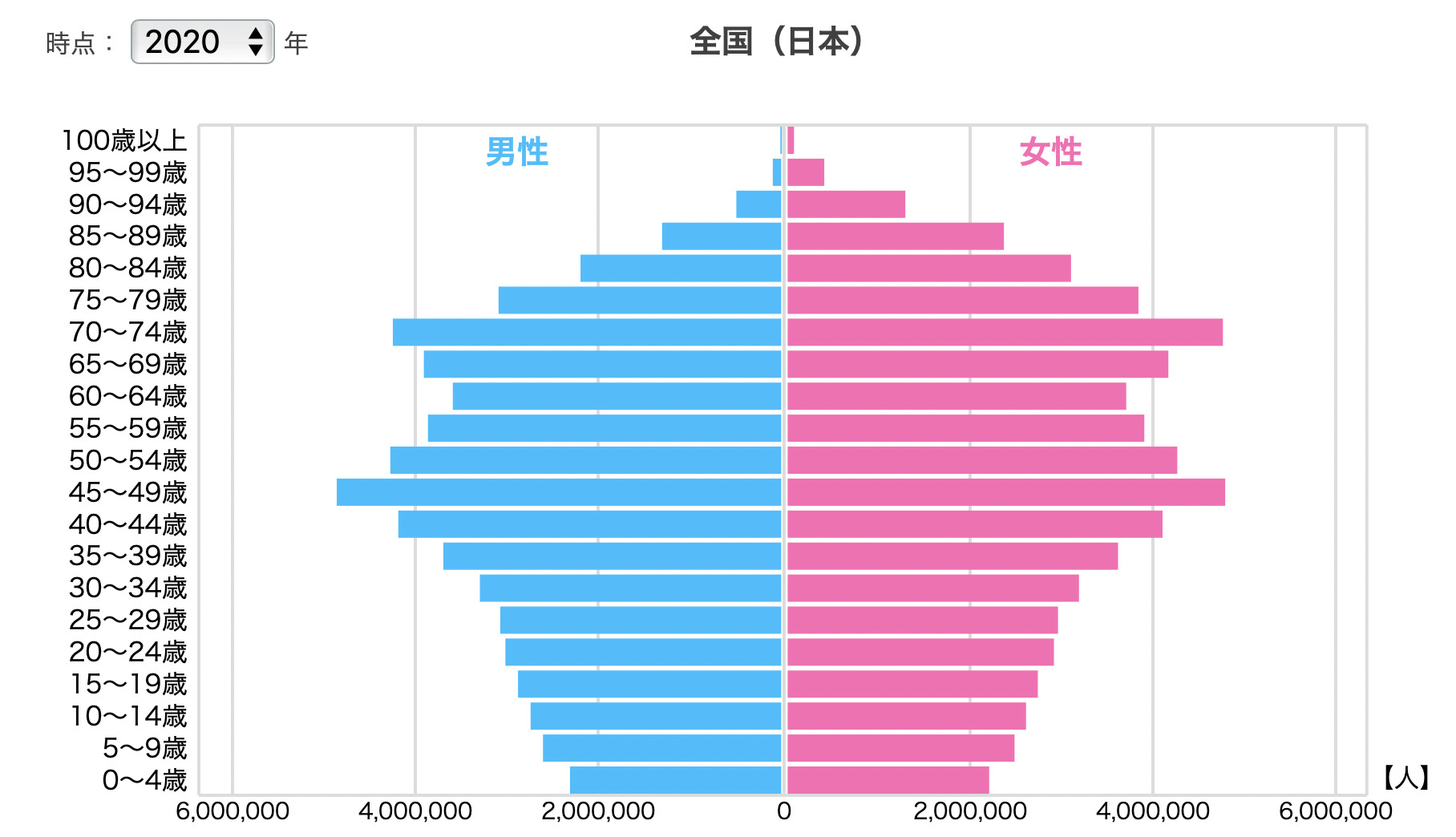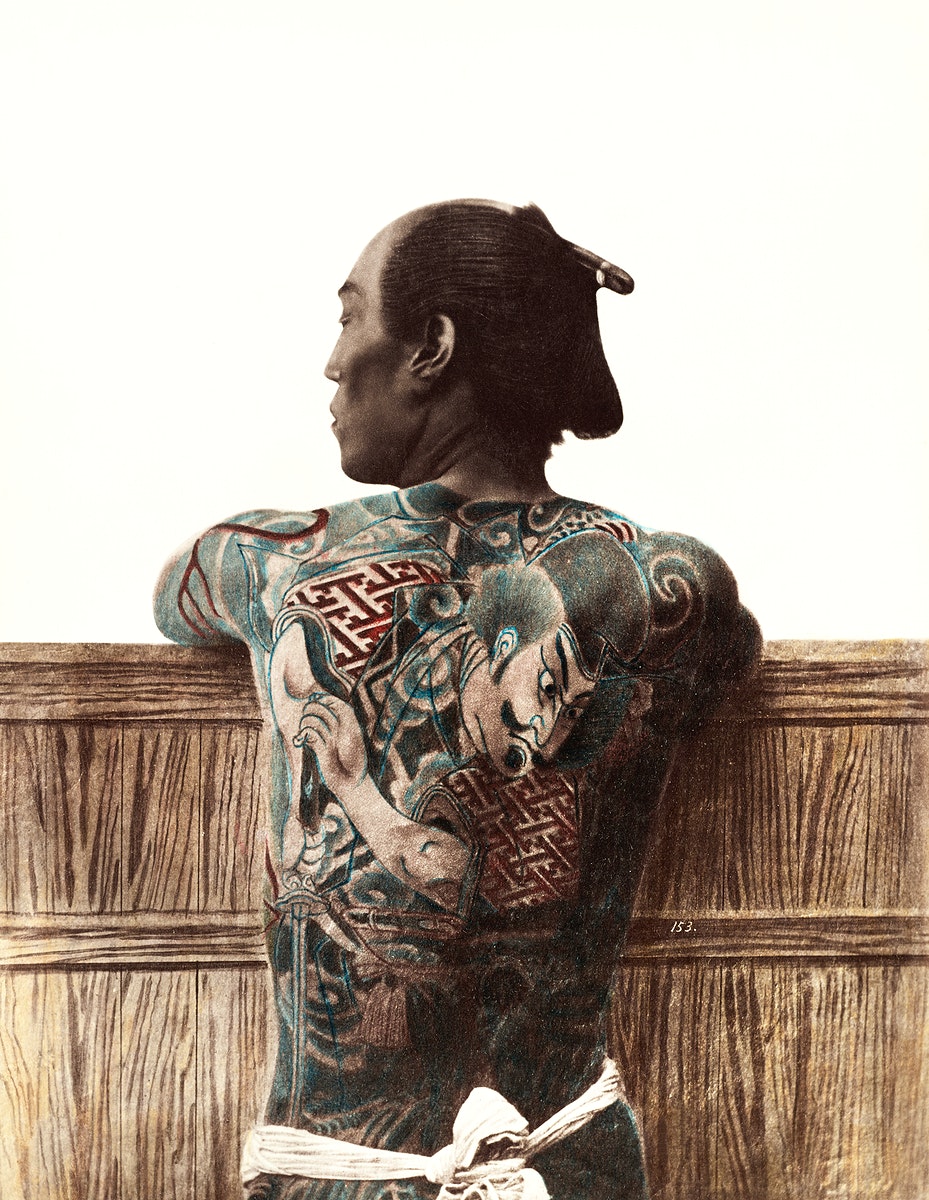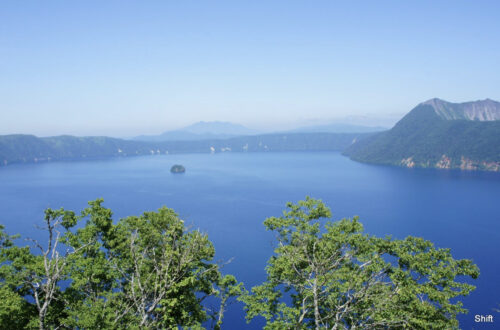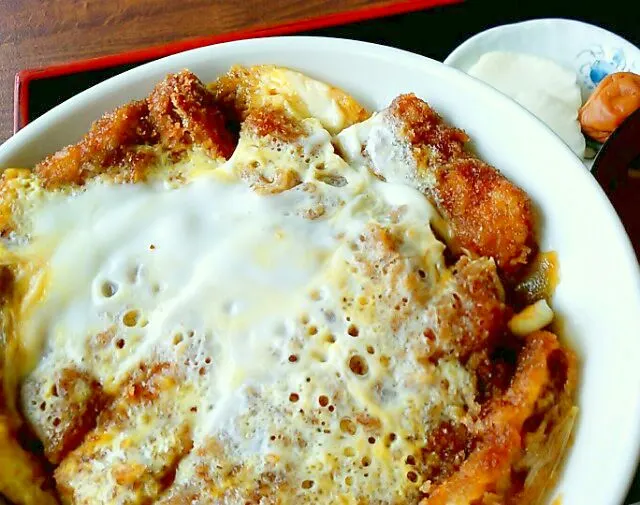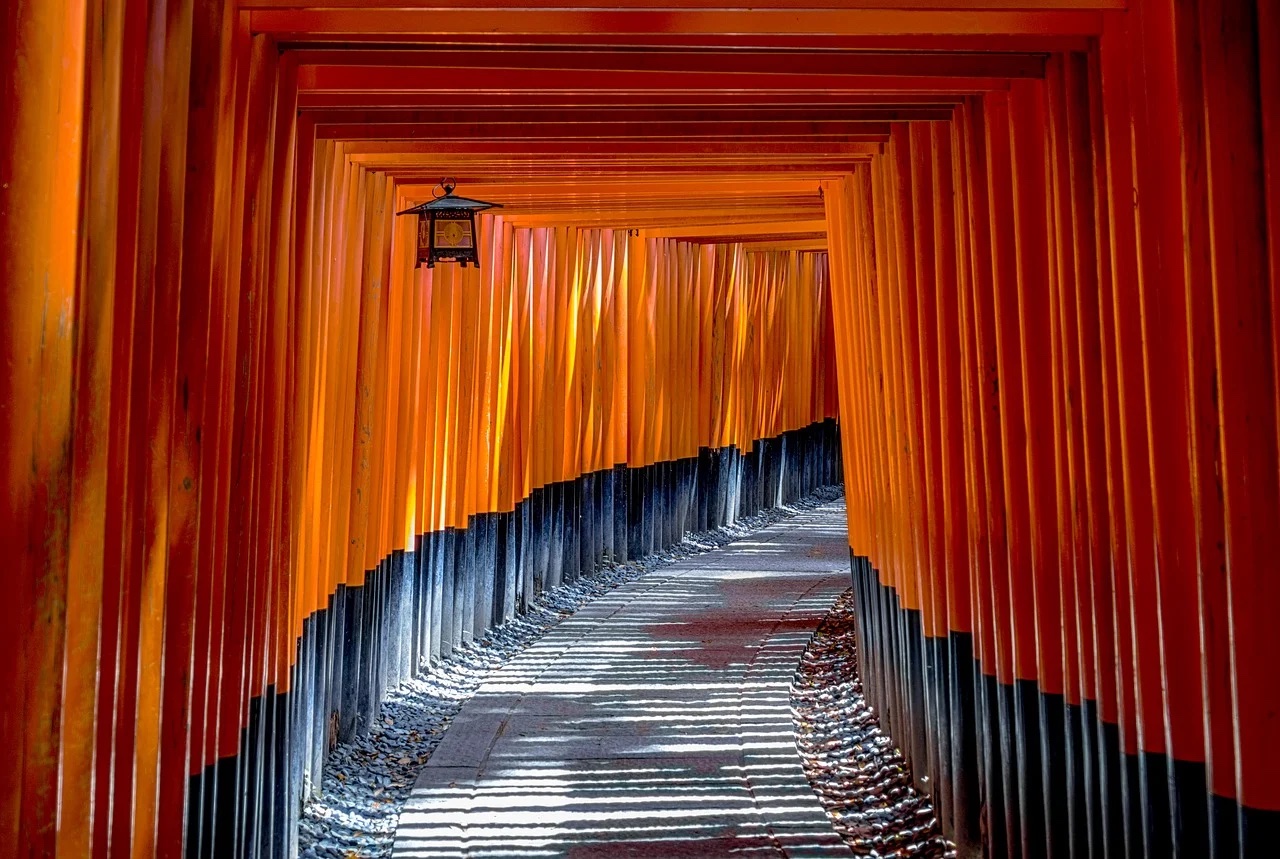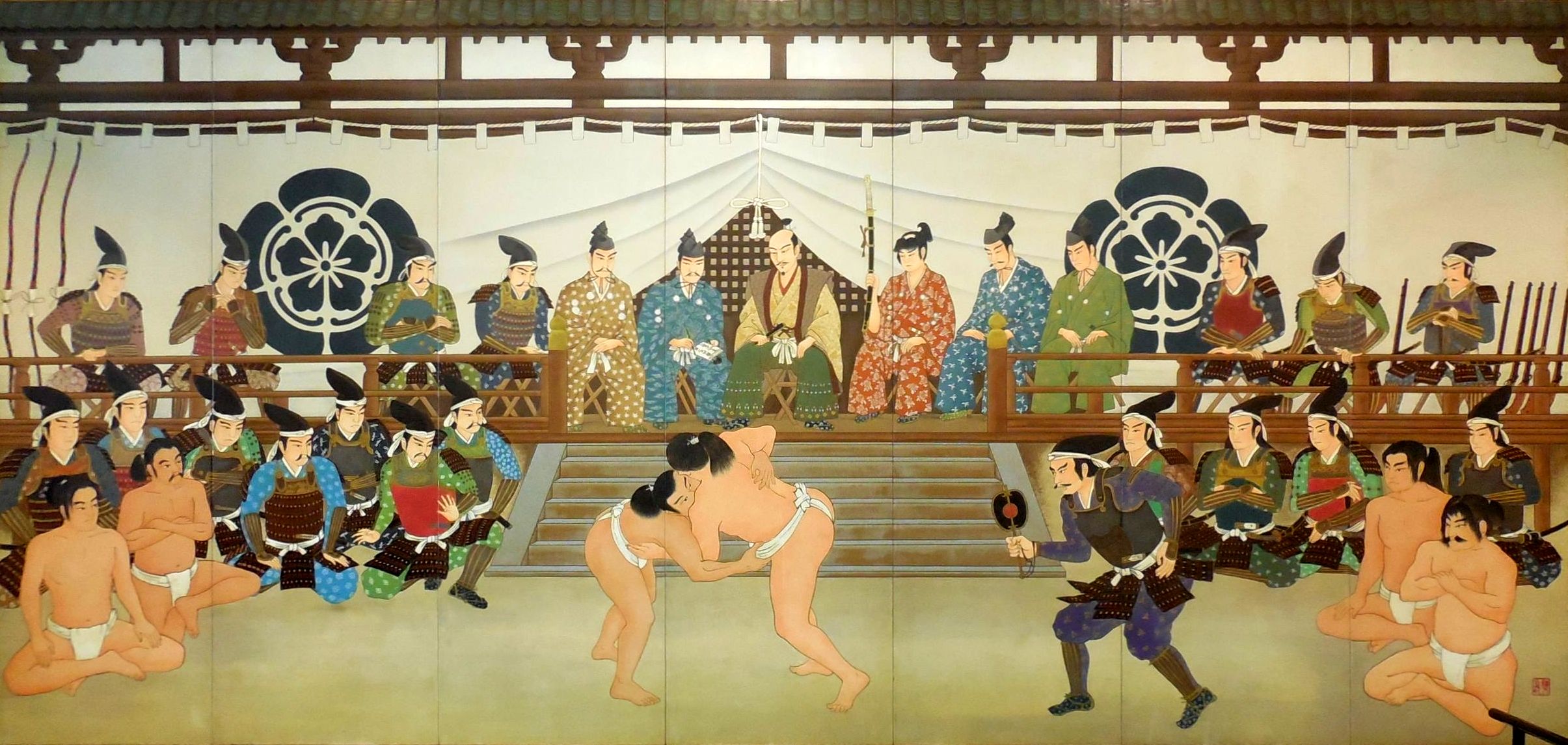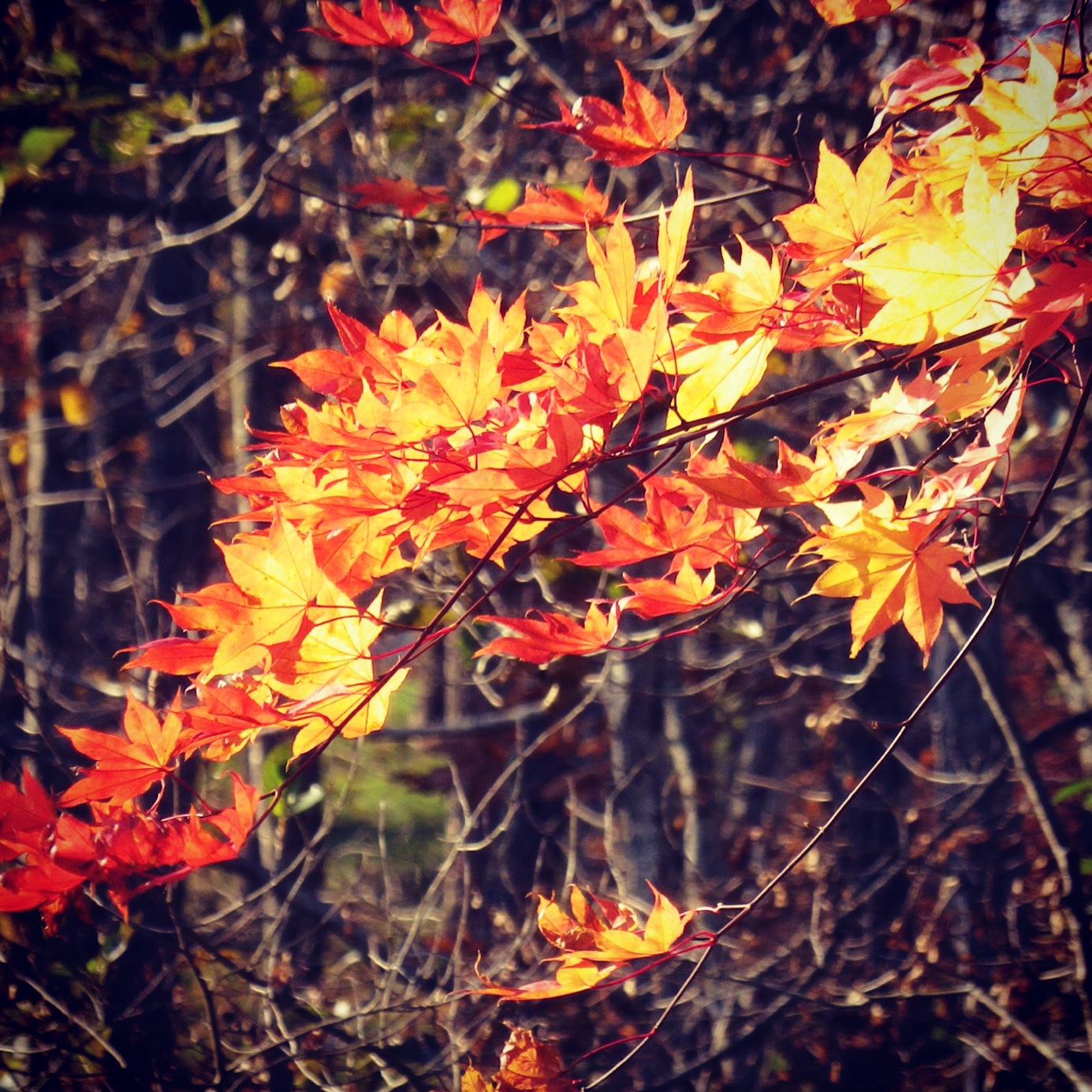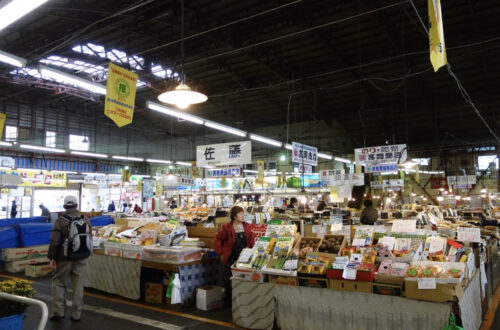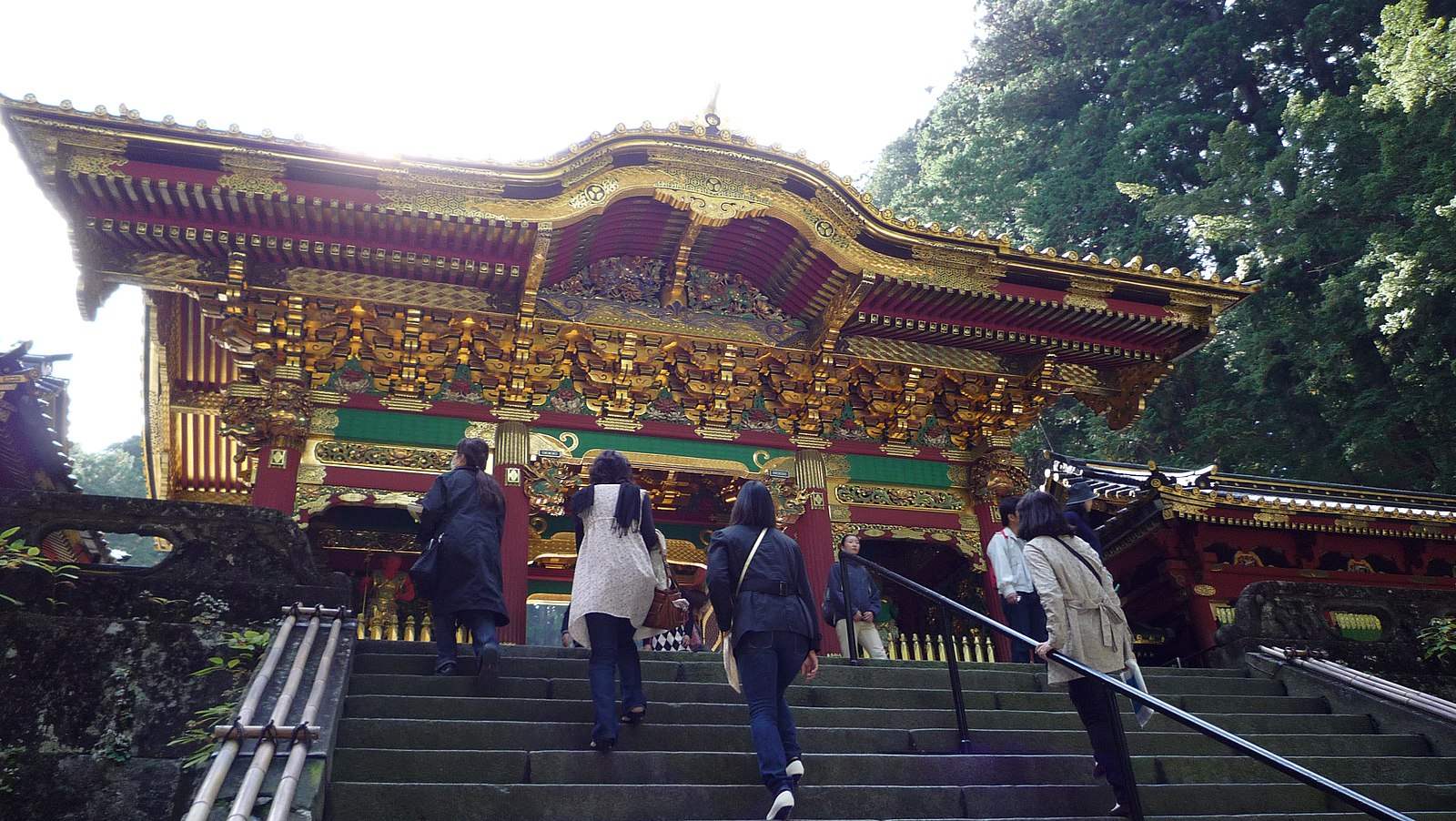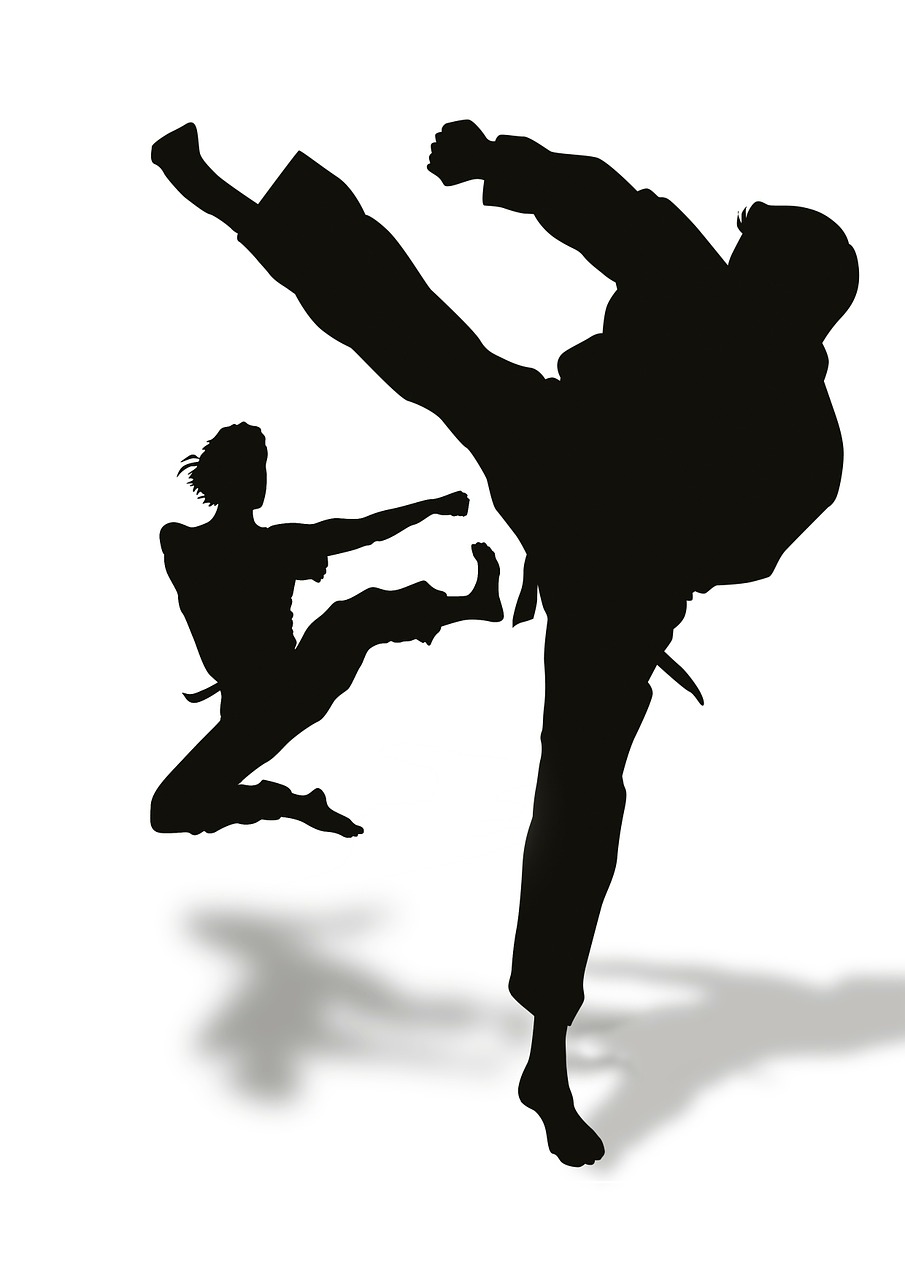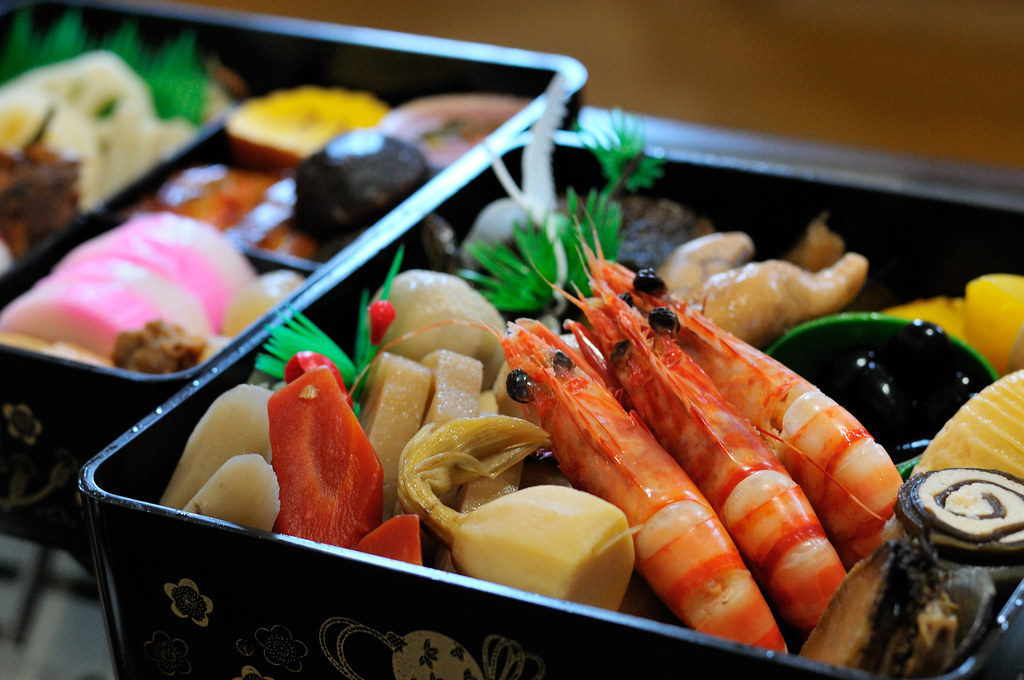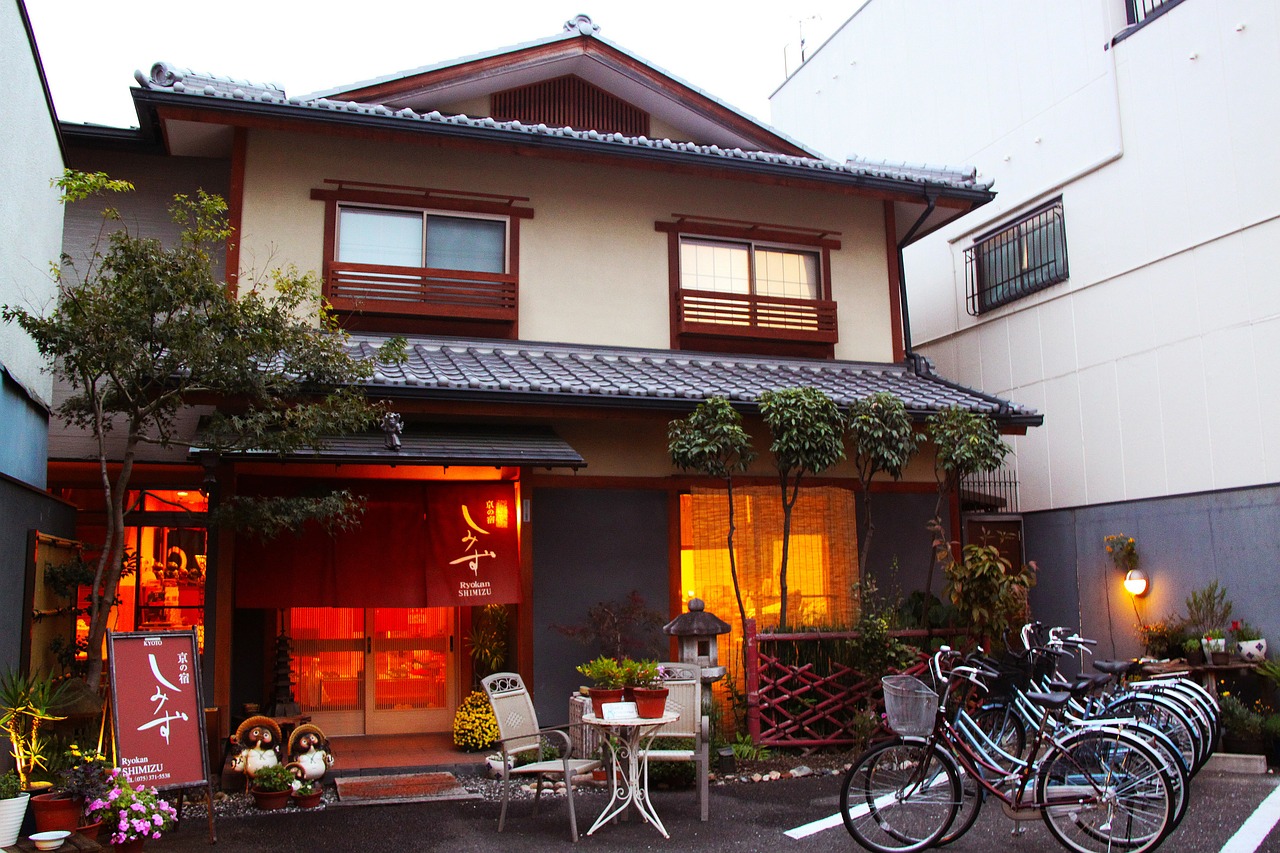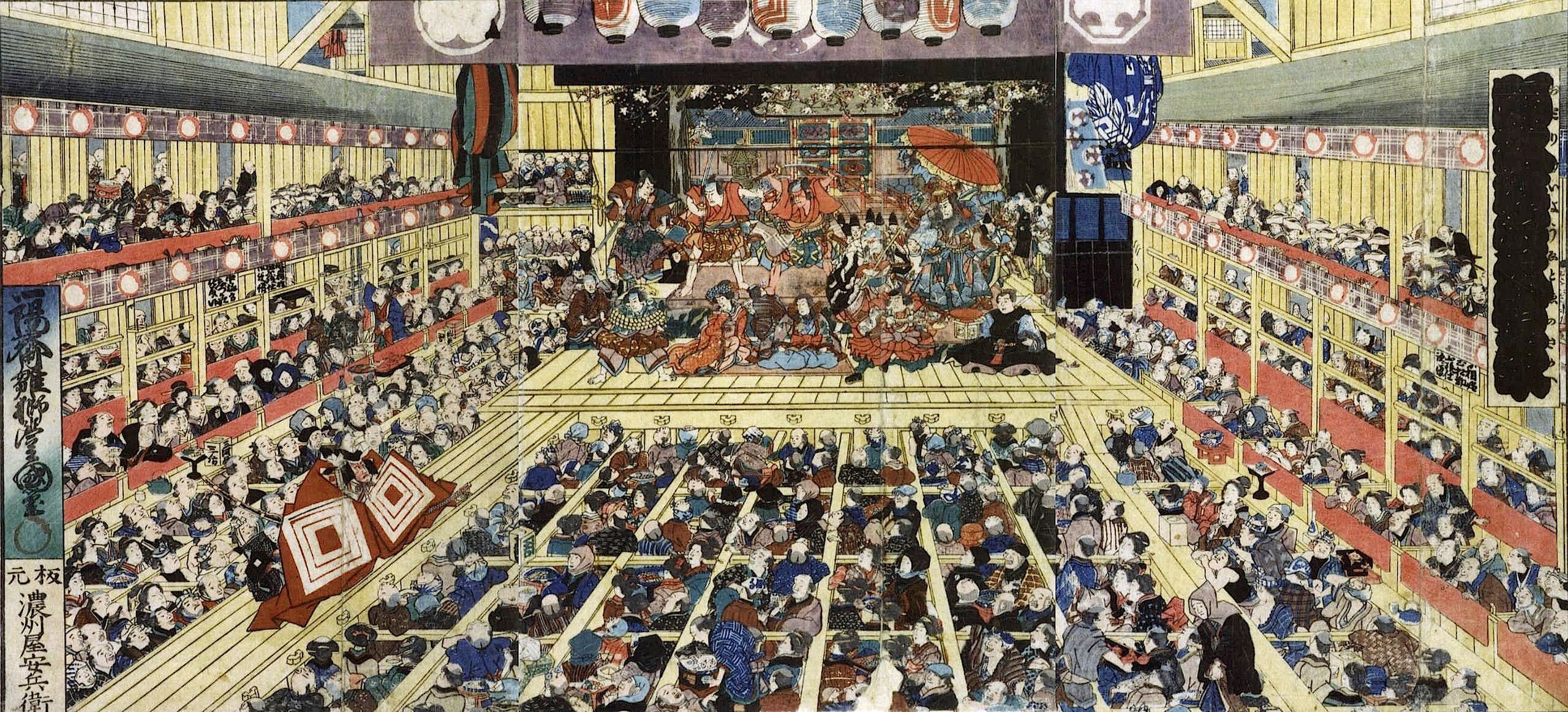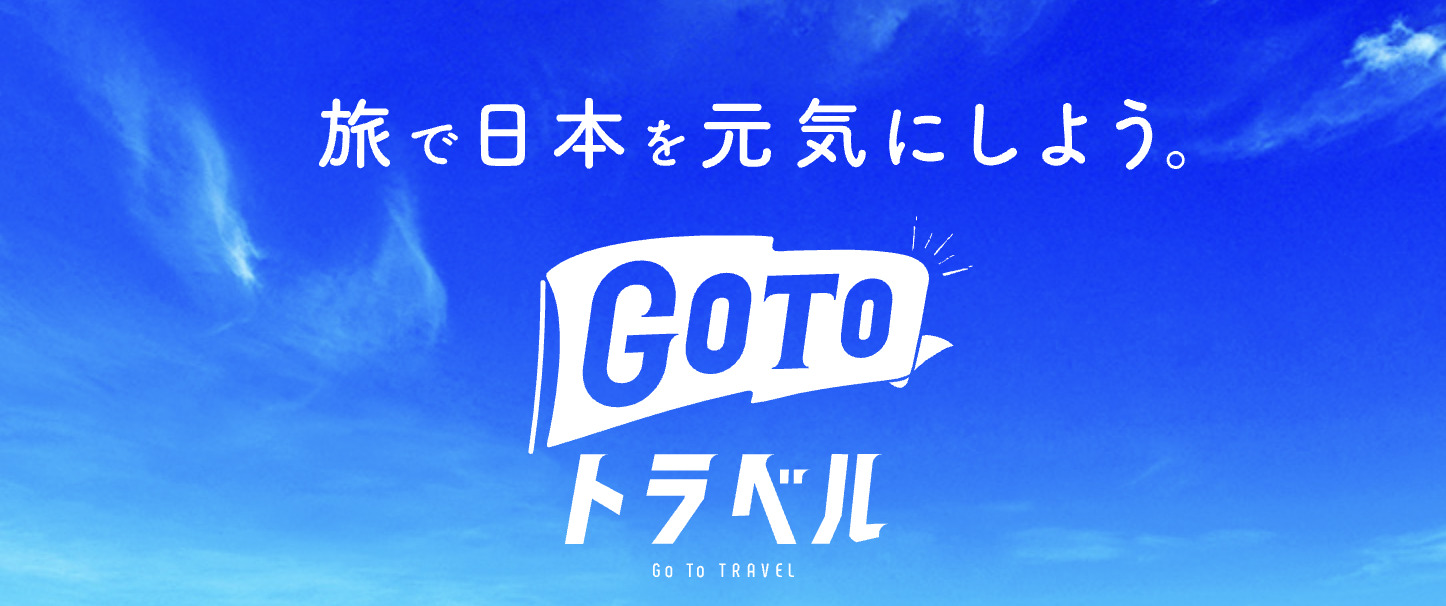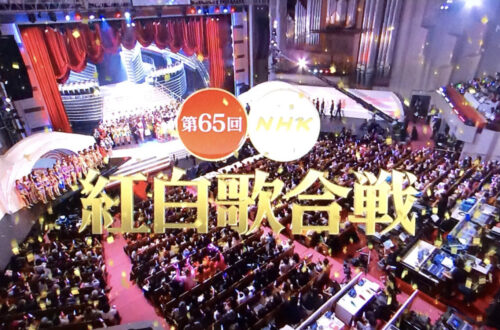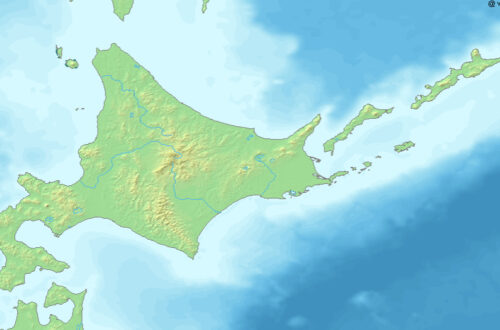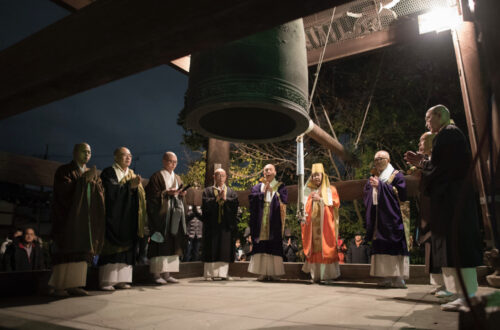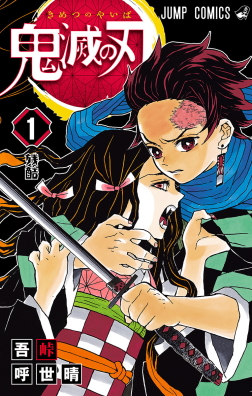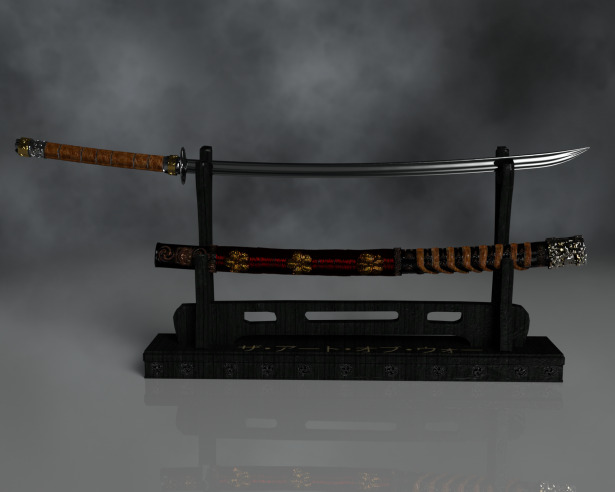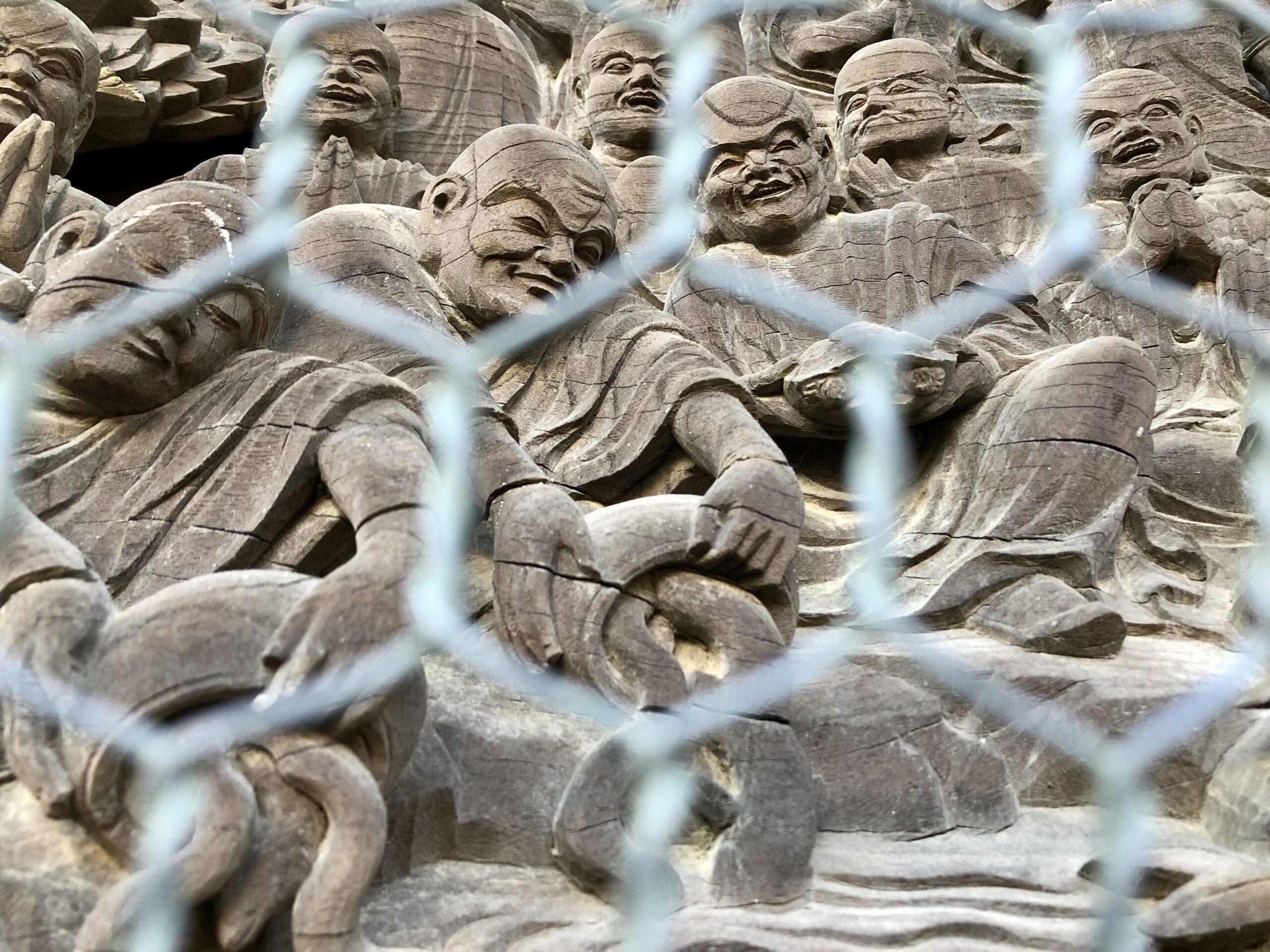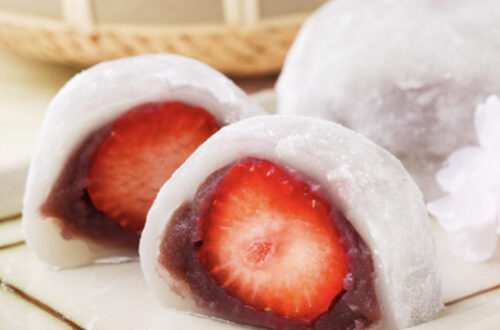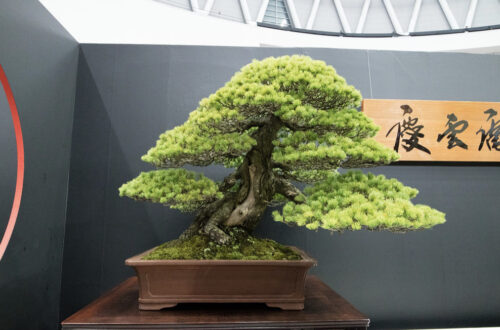Japanese Culture
Japanese Culture
-
Ainu Pattern アイヌ文様
The Ainu pattern is characterized by its elaborate and geometric design with a natural motif. The people of Ainu, who used to live by collecting seafood and mountain products, worshiped everything in nature as “Kamui”, God. They have incorporated natural motifs into the patterns not realistically but in an abstract way because of the awe of nature. アイヌ文様は、緻密で幾何学的なデザインが特徴で、自然をモチーフにしています。海や山の幸を集めて暮らしてきたアイヌの人々は、自然界のすべてのものを「カムイ(神)」と崇めてきました。自然への畏敬の念から、写実的ではなく抽象化して文様に取り入れてきました。
-
Aizome-Japanese Indigo Dyeing 藍染め
Aizome, indigo dyeing, has been loved by Japanese people for a long time. The number one production site in Japan is the Yoshino river region in Tokushima prefecture. Indigo dyes vividly on any cloth, so it has been widely used from kimonos to washcloths. As time goes by its color seems to deepen and become more vibrant. It is a dyeing process where people can enjoy the changing colors. 藍染めは古くから日本人に愛されてきました。日本一の生産地は徳島県吉野川流域です。藍はどんな布でも鮮やかに染まるため、着物から手ぬぐいまで幅広く用いられてきました。月日が経つごとに、深みのある色に変わる藍染めは、まさに生き物です。時とともに、移ろいゆく色の変化を楽しむ染め物です。
-
Sushi 寿司
Sushi is a Japanese dish, which is popular in Japan and abroad. There are various types of sushi such as Nigiri-zushi (vinegared rice held in a small oval shape and seafood on top) , Maki-zushi (rolled-sushi with seafood and vegetables in vinegared rice wrapped in seaweed) , Chirashi-zushi (vinegared rice in a bowl, topped with seafood, vegetables and an omelet cut into narrow strips). 寿司は日本でも海外でも人気のある日本料理です。酢飯を小さく楕円形に握り、その上に魚介類を載せた握り寿司、酢飯の中に魚介類や野菜を入れて海苔で巻いた巻き寿司、お椀に酢飯を盛り、その上に魚介類や野菜、錦糸卵などを散らしたちらし寿司など、さまざまな種類があります。
-
Shinkansen-Japanese Bullet Train 新幹線
Shinkansen is a Japanese super express train called “The Bullet Train” for its speed. It opened in 1964, the year of the Tokyo Olympic Games. Now it extends from Hakodate-Hokuto station of Hokkaido in the north to Kagoshima-Chuo station of Kyushu in the south. It is highly admired around the world for its accuracy of departure time and arrival time. 新幹線は、その速さから「弾丸列車」と呼ばれている日本の超特急列車です。1964 年、東京オリンピックのあった年に開業し、現在では、東京から、北は北海道の新函館北斗、南は九州の鹿児島中央まで伸びています。また出発時刻と到着時刻の正確さから、世界から高く評価されています。
-
Kyoto 京都
In Kyoto, 17 sites are designated as World Cultural Heritage sites, including temples, shrines and castles. Many of them are sparsely located in the city center of Kyoto and designated as national treasures. You can see the traditional Japanese beauty in these buildings and wonderful gardens. In addition, Kyoto offers a lot of beautiful nature to see such as autumn leaves. 京都には、古都京都の文化財として世界遺産に登録されている寺院、神社、城郭が17か所あります。その多くが京都市内に点在し、国宝にも指定されています。それらの建造物や素晴らしい庭園では、日本の伝統美が見られます。他にも、秋の紅葉など京都には見どころが多く、季節に応じた自然美を楽しむことができます。 例年であれば内外併せて年間5000万人を超える観光客数を誇る京都市ですが、京都市観光協会データ月報(2021.8)によると、外国人延べ宿泊数はコロナ禍前比99.6%減、市内旅館の客室稼働率は9.0%と、他地域同様大変な状況が続いています。収束はいつになるのか、、、
-
Katsudon カツ丼
Katsudon is a Japanese bowl dish with pork cutlet that is fried with sauce and eggs, served on top of rice. Although it is a popular home-cooked meal, it is also popular when eating out. For making a typical katsudon, we cook the pork cutlets first, and fry it lightly with onions and sauce, then add beaten eggs and flour and serve it on warm rice. It is ready to eat. カツ丼は、ご飯の上にタレと卵でとじた豚カツを乗せた日本の丼料理です。庶民的な家庭料理ですが、外食としても人気があります。一般的なカツ丼はまず、豚カツを作り、玉ねぎとタレで軽く煮込んでからとき卵をいれ温かいご飯の上に乗せて食べます。 「卵でとじる」というのがどう表現してよいのか分かりませんでした。fry with sauce and eggs としましたが自信ありません。特に料理の表現は苦手分野です ^^;。
-
Rainy Season 梅雨
Except for Hokkaido, Japan has a rainy season called Tsuyu between spring and summer. Since Japan is long and narrow from north to south, there is a time difference of about one month between the rainy season in Okinawa and Tohoku. After the rainy season comes the middle of summer and the temperature rises. The rainy season is important for Japanese agriculture, especially rice cultivation. 日本には北海道を除き、春と夏の間に梅雨と呼ばれる雨季があります。日本は南北に細長いため、梅雨は沖縄と東北では約1カ月ずれます。梅雨が終わると本格的な夏が来て、気温が上がります。梅雨は、日本の農業、特に稲作にとって重要です。 なぜこの時期の雨季を「梅雨」と称すのかについては諸説あるようで、Wikipediaによると、以下のようになっていました。 私が暮らす北海道でもこの時期は天候が優れないことが多く、いわれているほどさわやかな気候ではないような気がします。
-
Sake 日本酒
Japanese sake is an alcoholic beverage made of fermented rice, kouji or fermented malt and water. It is called “rice wine”. There are sweet ones and sour ones, and people can enjoy them both cold and hot. Many kinds of sake are produced depending on the region. You can enjoy sake at izakaya or Japanese-style pubs and restaurants that serve Japanese dishes. Nowadays it is recommended to go with western meals, too. 日本酒は、米、麹、水を混ぜ合わせて発酵させ醸造したお酒です。米のワインとも呼ばれます。甘口と辛口があり、熱燗でも、冷でも楽しめます。各地でいろいろな日本酒が作られています。日本酒は、和食を提供するレストランや居酒屋で飲めますが、最近では洋食にも合うと推奨されています。 *語句 ferment 発酵させる 料理のことはまったく分からないのですが、趣味でパン作りを始めたときに、「発酵」という工程があることを知って、なんだか魔法みたいだなーと不思議な気持ちになりました。微生物がおいしいお酒や食べ物を作ってくれるんですね。
-
Signature Stamp 印鑑
The Signature stamp has a long history, it has been used for around 1,000 to 1,200 years. It is essential to use signature stamps for both individuals and companies but there is an ardent discussion to reconsider its use and quit the long standing Japanese cultural practice due to increasing teleworking with covid-19 pandemic. 印鑑の歴史は長く、1000 年から1200 年も前から使われています。印鑑は個人でも会社でも使われて必要不可欠です。今、コロナ禍でテレワークが増え、この印鑑の使用を見直そうという話し合いがあります。長い日本の文化である印鑑をやめようという熱い議論がなされています。
-
Firework Displays 花火
Firework displays are representative of Japanese summer traditions. Many fireworks festivals are held in various parts of Japan from July to August. It is a major attraction for tourists and locals alike. The way beautiful large flowers bloom in the night sky and scatter in an instant, just like cherry blossoms, symbolizes the purity and fragility that are unique to Japanese culture. At the Tenjin Festival in Osaka, many fireworks are dedicated to Tenmangu shrine, and is also famous for the large processions of ships honouring the shinto deities. 花火は日本の夏の風物詩の代表格です。7月と8月に集中して日本各地で花火大会が催され、多くの人々が詰めかけます。夜空に美しい大輪の花が咲き誇り、一瞬で散っていくさまは、桜などと同様に、日本独特の価値観である潔さやはかなさを象徴するものです。大阪の天神祭では、たくさんの花火が天満宮に奉納され、多くの船の大行列ととともに有名です。 It is a major attraction for tourists and locals alike. にある alike はネイティブの先生に直してもらって初めて使いました。こういう表現はなかなか出てこないです。勉強になります。 deity 神、造物主 は日常的な言葉ではないようです。私の方から綴りを教える感じになりました ^^;
-
Sumo 相撲
Sumo is a Japanese national sport in which two wrestlers compete in the ring, called dohyo. The fight is over when one wrestler pushes the other one out of the dohyo or puts any part of the body except for the rear side of the feet on the ground. The highest rank of wrestlers are called Yokozuna and the second highest are called Ozeki. Watching sumo is very popular. Grand tournaments are held six times a year in different cities. 相撲は、二人の力士が土俵で闘う競技で、日本の国技です。一方の力士が、相手を土俵から出すか、相手の体の一部を土につけたら勝ちです。最高ランクの力士は横綱で、次のランクは大関と呼ばれます。相撲観戦は非常に人気があり、大相撲は年に6回、それぞれ違う都市で開催されます。 私の場合、ネイティブの先生に直してもらうのが一番多いのが冠詞です。例えば、The fight is over when one wrestler pushes the other one out of the dohyo or puts any part of the body except for the rear side of the…
-
Osechi-Ryori おせち料理
Osechi-Ryori is a traditional Japanese dish that is eaten during the New Year. It is packed in a lacquered Jubako, or square bento box. Each ingredient has a meaning, black beans represent health, kelp rolls represent happiness, and shrimp represent longevity. In the past, Osechi-Ryori was made at home on New Year’s Eve but nowadays many people buy them at department stores or mail order stores. おせち料理は、正月に食べる日本の伝統的な料理で、漆塗りの重箱に詰められます。それぞれの食材には意味があり、黒豆は健康、昆布巻きは幸福、えびは長寿を表します。かつては、おせち料理は大晦日から家庭で作られていましたが、今では、デパートや通信販売で買う人が多いです。 教わったネイティブの先生は bento (弁当)はそのまま通じると言っていました。そういえば最近は我が家もおせちは作らずにオーダーするようになってきました。正月に集まる人数も徐々に減ってきてしまって寂しい限りです。 *語句 昆布巻き kelp rolls
-
Colored Leaves 紅葉
In Japan, which has very distinct seasons, Koyo, or colored leaves, are one of the attractions of Japanese Tourism. With the differences in temperature, and strong sunshine, the color of leaves becomes evermore vivid. Notable destinations for the leaf watchers are places like Oirase, Nikko, Hakone, Kyoto and so on. During its season, many tourists from domestic and overseas visit those places. 四季のはっきりとしている日本では、紅葉は秋の日本観光の魅力の一つです。紅葉の色は、夜は寒く、日中は暖かい気温の寒暖差があるほど、また、太陽の日差しが強いほど鮮やかになります。紅葉の名所としては、奥入瀬、日光、箱根、京都などがあります。紅葉シーズンには、これらの場所には、国内外からの多くの観光客が訪れ賑わいます。 全国通訳案内士二次口述試験の通訳の過去問題より。英訳した後、ネイティブの先生に添削してもらいました。ネイティブの先生は日本語が分からないのでざっくりです。evermore なんていう語は先生に教えてもらって初めて使いました。「はっきり」とくるといつも自動的に clear と言っていたのですが、ここは distinct と直していただきました。
-
Ryokan 旅館
Ryokan is an inn constructed in Japanese style and serves Japanese dishes. Many ryokans are popular with their onsen or hot spring facilities because there are a lot of onsens in Japan. Ryokan has employees, Nakai, that wear traditional Japanese clothes. They serve dishes in each room. Usually ryokan rates includes two meals, dinner and breakfast, per day. 日本の宿泊施設で和風様式で作られ、主に和風料理を出すものを旅館と呼びます。日本には多くの温泉があり、それを売りにしている旅館も多いです。旅館には仲居という和装の女性がおり、部屋で給仕をしてくれます。旅館の宿泊料金には、通常、一泊二食が含まれています。 全国通訳案内士の二次口述試験に向けて勉強中です。通訳の過去問題を英訳した後、オンライン英会話でネイティブの先生に添削してもらいました。今回は「旅館」です。 *過去問題例は公式のものではなく、過去の受験者の方々が(たぶん)記憶をたよりに再現したものを参考にして、私がなんとなくまとめ直したものです。 *語句 私が教えてもらったネイティブの先生によると、旅館には hotel だと少し違和感があるようです。また、「女性」の部分は最初 female という語句を使ってみたのですが、ちょっと誤解を受ける可能性があるということで(考えすぎか)、あえて外しました。 *間違い等あればコメントで教えていただけるとありがたいです。
-
Katana-Japanese Sword 刀
Katana, or Japanese sword, is a product which is made by craftsmen with special techniques and sometimes registered as a tangible cultural property. Until the Edo period, Katana was considered as the spirit of samurai and a symbol of their community. Today, it is treated as a work of art and popular both domestically and overseas. 日本刀は、専門の技術を持った職人によって作られるものであり、有形文化財として登録されることもあります。刀は武士の魂とされ、江戸時代までは武家社会の象徴でした。現在では、芸術品として日本国内だけではなく、海外でも人気が高いです。 全国通訳案内士の二次口述試験に向けて勉強中です。通訳の過去問題を英訳した後、オンライン英会話でネイティブの先生に添削してもらいました。今回は「日本刀」です。冠詞や数の概念がどうしても難しくていつも直してもらっています。先生は慣れるしかないよと言いますが、、、。 *過去問題例は公式のものではなく、過去の受験者の方々が(たぶん)記憶をたよりに再現したものを参考にして、私がなんとなくまとめ直したものです。 *語句 有形文化財は tangible cultural property、無形文化財なら intangible cultural property となります。 *間違い等あればコメントで教えていただけるとありがたいです。


